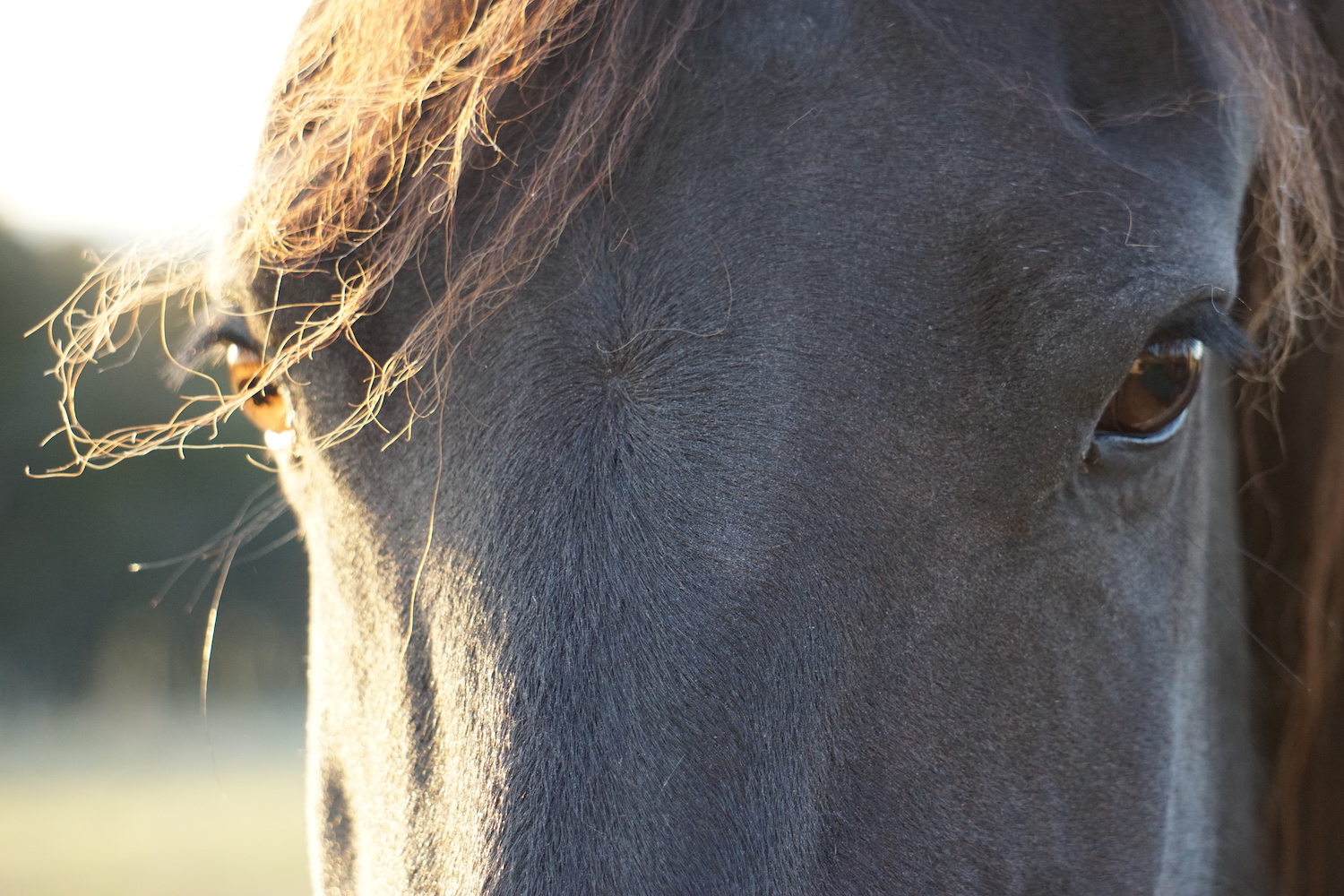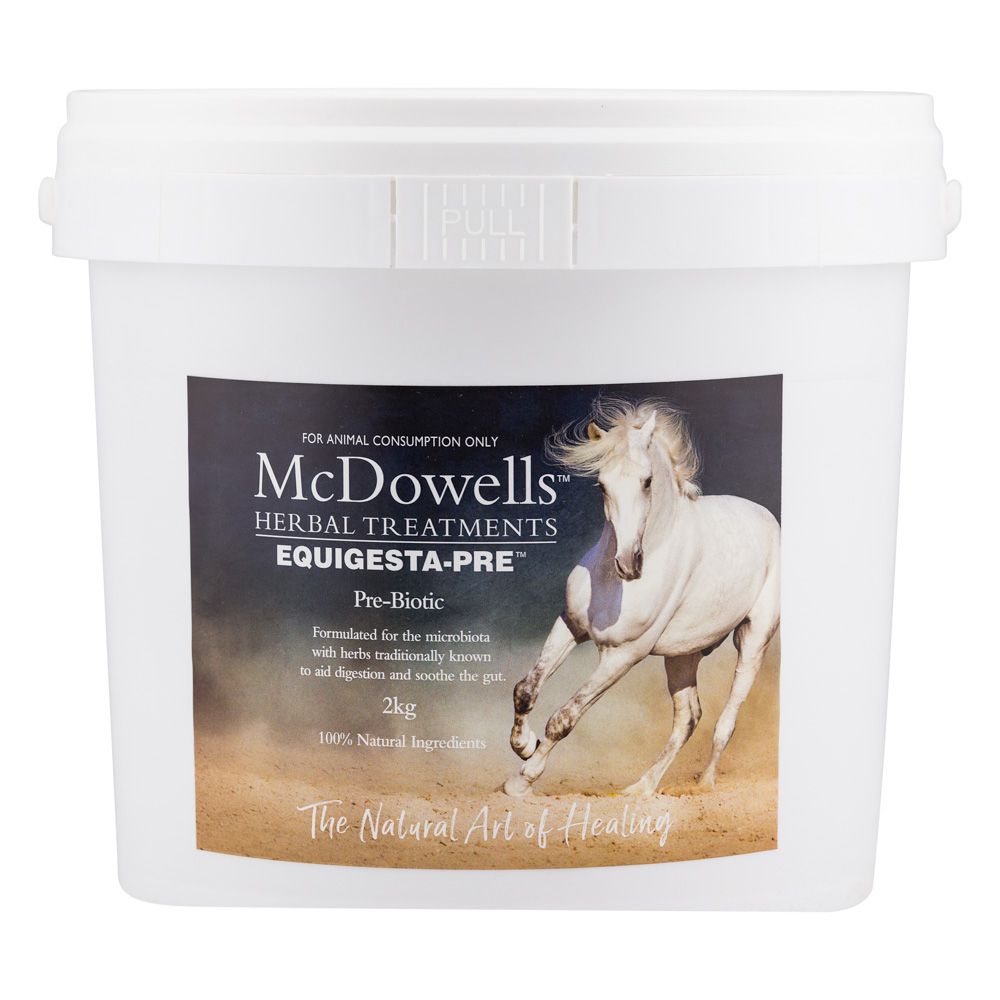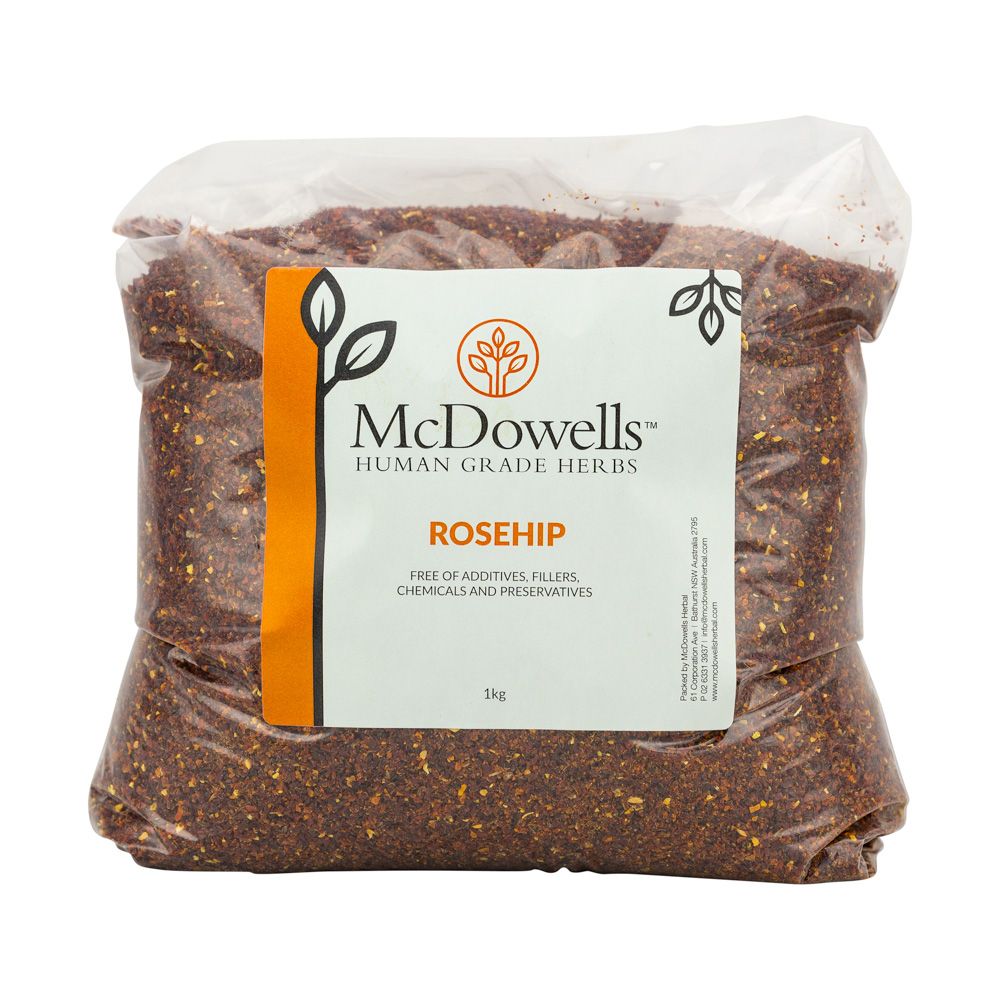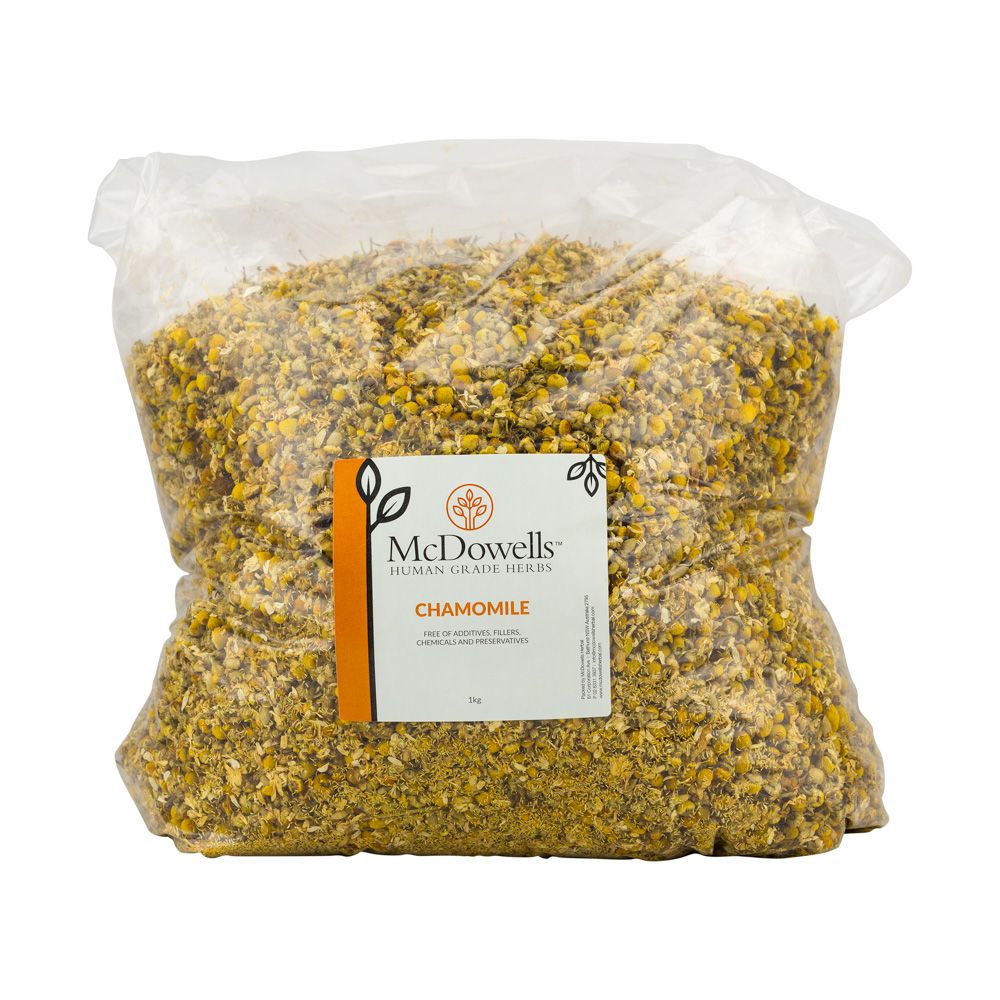Wind sucking is the aspiration of air; the horse arches its neck and gulps in air. Some horses do this while holding onto a stable object with their teeth; others do it unaided. It results in a grunting type of noise...

The horse learns to suck air simply by creating a vacuum in the mouth. The vast majority of horses that wind suck suffer no adverse effects at all. If the habit is severe the muscles on the underside of the neck may get bigger and this might be regarded as unsightly.
According more than 100 studies involving nearly 19,000 horses of various breeds and uses, the causes of unusual behaviour in horses were;
- Feeding high levels of concentrates
- Reduced feeding time
- Confinement or insufficient time in a paddock or pasture
- Limited forage
- Social isolation
According to the study, limiting access to forage is the primary factor related to the development of stereotypies and abnormal behaviour in horses, including windsucking (1). Lack of forage is a common cause of gastric ulcers, creating a loop of behaviour patterns.
McDowells recommedations
Things you can do to help your horse include;
- Using a windsucking collar which can be purchased from your local horse products supplier (this is a short term solution only)
- Put stop crib on timber surfaces to discourage chewing (short term)
- If possible put this horse with others for company, keeping in mind that it is a habit that can be passed on to other young impressionable horses, so the company of older horses is a better option.
- Ensure the horse always access to clean, fresh water and forage
- If the horse is by itself give it a large ball to kick around to keep it occupied
- Run an electric or hot wire around the top of the posts will discourage wind sucking
McDowells Products
Add Equigesta-Pre to his diet to assist with ulcers or similar gut distress. Equigesta-Pre contains a combination of pure herbal powders, brewer's yeast and bentonite clay. Traditionally this combination has been used to aid and promote beneficial intestinal microorganisms. Our unique blend can be used daily as an equine prebiotic to support and stimulate the growth and activity of good bacteria in the digestive system.
Start the horse on rosehip and chamomile tea; these will calm and condition the sensitive gut. Use the teas to dampen feed twice daily.
If you are not getting positive results with the chamomile tea you may need to treat with Perform-A-Calm.
References
(1) Stereotypies in Horses: Feeding Management Among Likely Causes November 29, 2021




